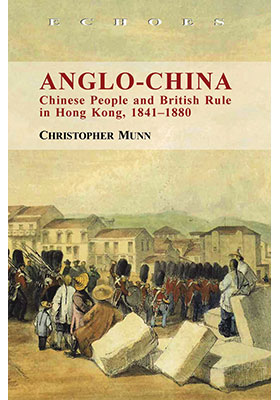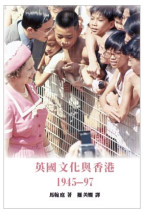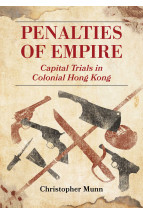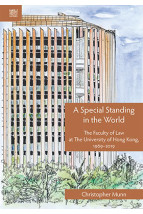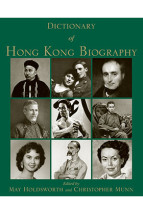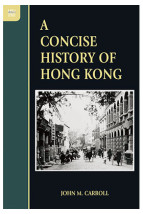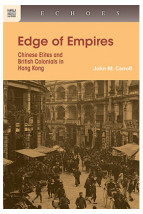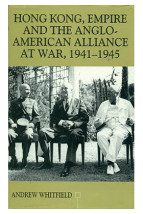Anglo-China
Chinese People and British Rule in Hong Kong, 1841–1880
(華人與英國治下的香港1841–1880)
ISBN : 978-962-209-951-7
Echoes: Classics in Hong Kong Culture and History
December 2008
484 pages, 6″ x 9″, 3 tables; 2 maps and 9 charts
- HK$225.00
Ebooks
Also Available on
For its earliest promoters, Hong Kong was an island ‘bespread with palaces, a beautifully and well ordered city, a miracle of British enterprise and dormant power’ at the edge of a crumbling Chinese Empire. This ‘capital of Anglo-China’, as some of them called it, was a place where Chinese and Europeans could freely exchange goods and ideas under a benevolent and progressive British rule.
Nineteenth-century Hong Kong was all of that. But it was also a struggling frontier settlement, troubled by crime and war, divided by race, and periodically rocked by controversy. Through a succession of experiments in government, early British officials sought ways of managing a politically complex Chinese population, who, though essential to Hong Kong’s economic success, seemed intractable to traditional colonial methods. The uneasy solutions that emerged combined heavy policing of the lower classes and shaky collaboration with a burgeoning Chinese merchant elite.
Anglo-China traces the development of colonial rule in early British Hong Kong. Drawing on a variety of hitherto neglected sources, the book also explores how the daily practice of government affected the lives of people in the region – and how they in turn sought to shape colonial rule.
“Through meticulous research into hitherto neglected sources, Christopher Munn brings to life hundreds of individuals from all walks of life, across racial and class divides, who peopled early British Hong Kong—magistrates and murderers, compradores and crooks, lawyers and labourers, pirates and policemen—each of them playing a role in the drama that highlighted the irreconcilable gulf between the rhetoric and practice of the rule of law. While persuading us, with his elegant prose, rich data and lucid reasoning, to challenge conventional assumptions about Hong Kong history, Munn also sheds new light on the fundamental issues of justice, collaboration and resistance in the context of colonial ideology and colonial governance. He has set a new standard for the writing of Hong Kong and colonial history.” —Elizabeth Sinn, University of Hong Kong
“A major contribution to the early history of Hong Kong. [Munn] has done an excellent job in challenging the established view and should be congratulated. His research is meticulous, his arguments well supported, and his case eloquently argued.” —Steve Tsang, SOAS Bulletin
“A vivid picture of the daily life and experiences of ordinary Chinese in early Hong Kong . . . no previous writer has documented the darker side of British imperialism in Hong Kong in such detail.” —Norman Miners, Journal of Imperial and Commonwealth History
“This book will surprise any reader interested in the history of Hong Kong. Through meticulous research, Munn has discovered that an extraordinary 175,000 Chinese appeared before British magistrates from the 1840s through the 1860s. Colonial law not only intervened heavily in the lives of Chinese subjects; it followed a systematic bias, contradicting the comfortable notion that the British, despite whatever other failings, at least brought justice to China.” —Timothy Brook, Run Run Shaw Professor of Chinese, University of Oxford
“Christopher Munn’s book has greatly advanced our knowledge of the relations between Chinese and European colonists in Hong Kong in the 1840s–70s. All those interested in the history of Hong Kong should read this splendid work.” —Tsai Jung-fang, The China Quarterly

